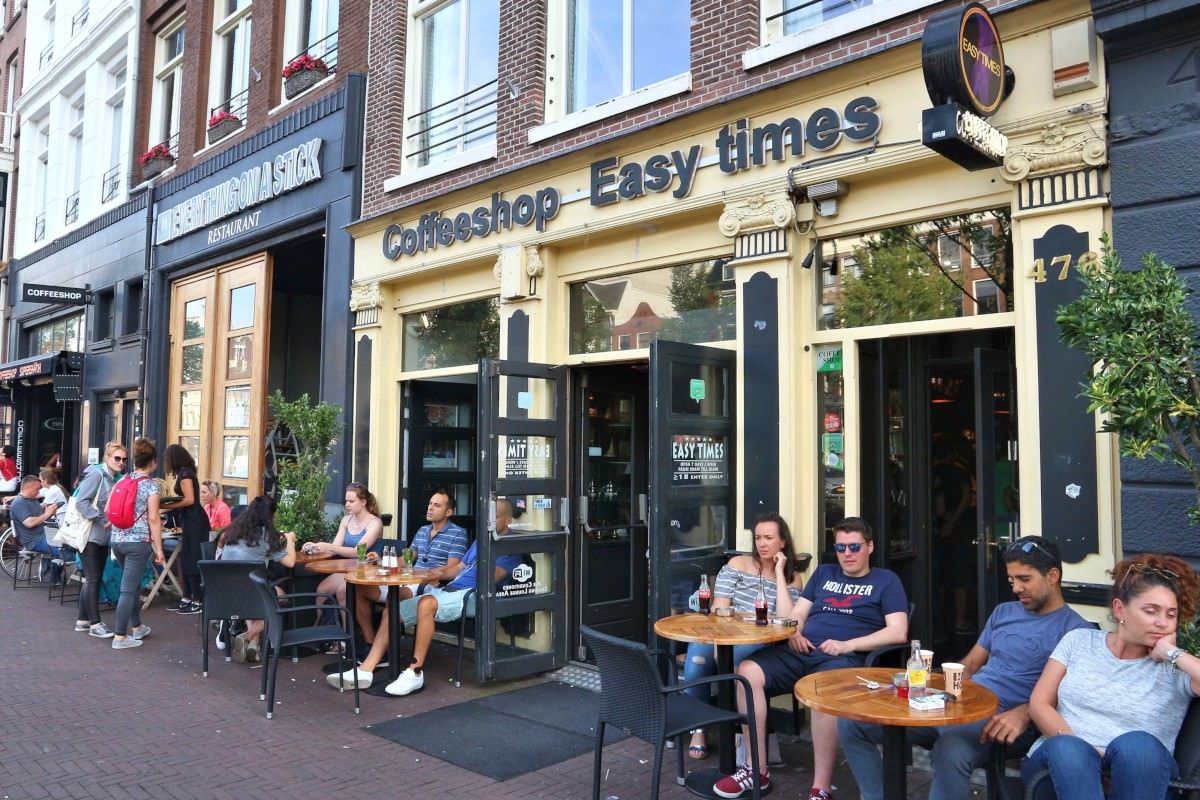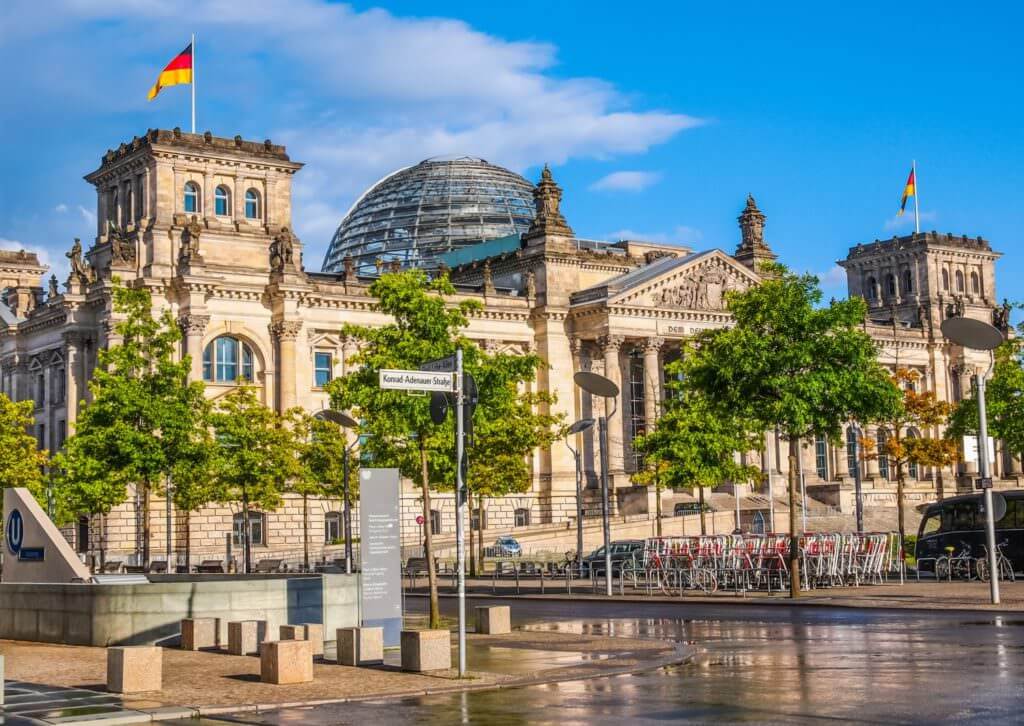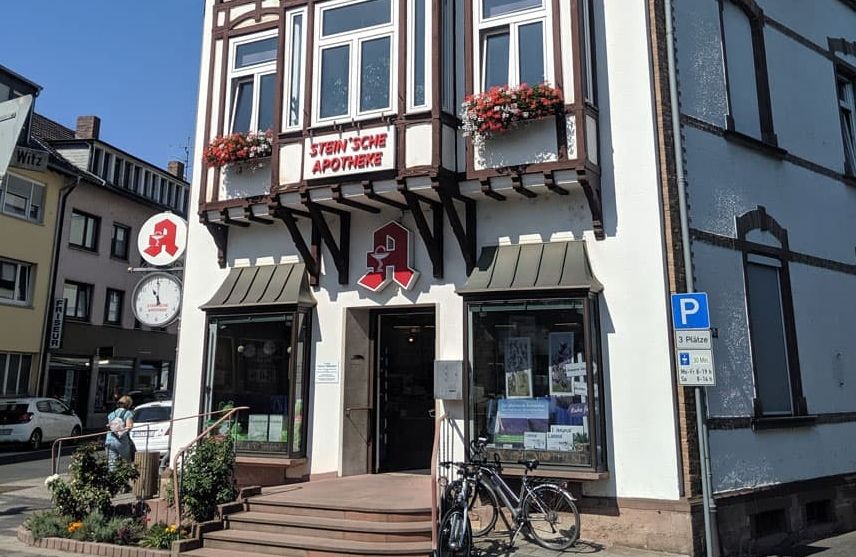Luxembourg’s federal government is reported to be weighing plans to legalize recreational cannabis through a tightly controlled market that would offer entrepreneurs a limited number of production and retail licenses.
Luxembourg’s Radio 100.7 had access to a “first concept” of what would serve as the basis for the upcoming recreational cannabis framework in the small European country.
The federal government has yet to approve the Ministry of Health’s legalization blueprint.
While only about 600,000 people live in Luxembourg, full-fledged recreational legalization could have a meaningful impact on neighboring countries.
The first European country to offer legal commercial production of recreational marijuana could spark discussion across the region. Luxembourg borders Belgium, France and Germany.
According to Radio 100.7, the Ministry of Health’s plan includes:
- Adults 18 or older would be able to buy 30 grams of cannabis per month, provided they’ve been registered residents in Luxembourg for at least six months. This would avoid cannabis tourism and ease resistance from neighboring countries. A government register would prevent a single person from buying more than the monthly allowance.
- No consumption would be allowed in public spaces or where smoking bans apply. Retail stores would be open from midday until 8 p.m. and wouldn’t be allowed to also sell tobacco or alcohol.
- Advertising, internet sales and delivery would be prohibited. On-site consumption in a retail shop or near its premises also would be barred.
- Two domestic producers would be licensed and home growing would be prohibited. There would be a single production site for the two producers, much like Uruguay – the first country in the world to legalize commercial recreational marijuana production – when it launched its adult-use market. Uruguay currently has five licensees, all in the same location.
- Fourteen private retail outlets would be responsible for sales and could not be located close to schools. Retailers would have to pay for the initial license, and part of their revenue would go to state coffers. Taxes and fees would be used for prevention work.
- Products wouldn’t have a THC cap, but taxes could be designed to discourage high-THC products.
- The government would set retail prices “not too expensive and not cheap.”
According to the radio station, the ministry’s document recognizes that banking issues could prove to be a problem for the program’s implementation.
In short, banks could be reluctant to work with cannabis companies, even if they are operating legally.
This has been one of the biggest challenges in Uruguay since the cannabis program started in the South American country years ago.
So long as cannabis remains illegal on a federal level in the United States, banks elsewhere could remain hesitant to accept clients if this would mean losing access to the American financial sector.
Meanwhile, other European countries such as the Netherlands and Switzerland are advancing limited legalization experiments.
Germany still has a long way to go before legal recreational marijuana sales become a reality, but the current political situation is as favorable as it ever was.
Alfredo Pascual can be reached at alfredop@mjbizdaily.com






